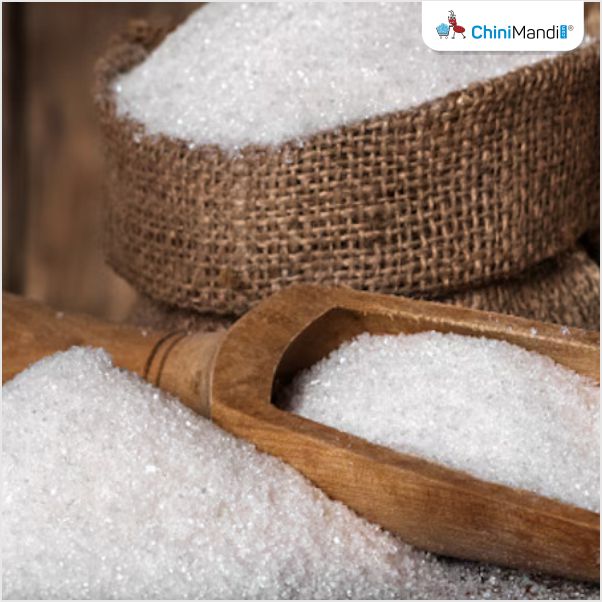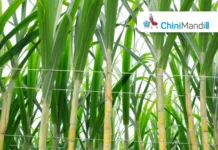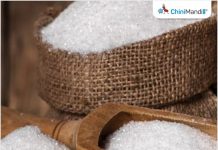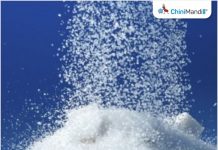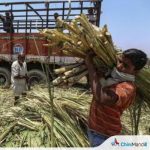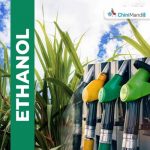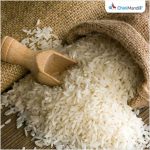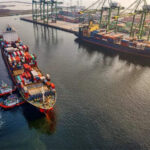Nigeria’s sugar and sugarcane imports have surged by 328% in five years, rising from N516.61 billion between 2015 and 2019 to N2.21 trillion between 2020 and 2024, according to the National Bureau of Statistics (NBS).
The spike comes despite over 15 years of efforts to achieve self-sufficiency under the National Sugar Master Plan (NSMP), introduced in 2010 and renewed in 2020.
Figures from the National Sugar Development Council (NSDC) show that Nigeria currently produces just 40,000 metric tonnes of sugar annually, far short of the estimated 1.7 million tonnes needed each year. This leaves a 97% supply gap — only a slight improvement from the 98% deficit in 2010 when the NSMP began.
The plan’s core strategy, a Backward Integration Programme, was intended to eliminate imports by 2020 by requiring sugar importers to invest in local sugar production. The original target was to establish 28 sugar factories, cultivate 250,000 hectares of sugarcane, and attract major private investment. While companies like Dangote Sugar, BUA Foods, and Flour Mills of Nigeria have entered the sector, the country remains heavily reliant on imports.
In response to the poor results, the federal government has launched Phase II of the NSMP. The NSDC says the new plan aims to produce 2 million tonnes of sugar, generate 400 MW of electricity, and create 110,000 jobs. It will require 200,000–250,000 hectares of land and about $3.5 billion in investment.
Executive Secretary of the NSDC, Kamar Bakrin, said the government will closely monitor progress through a performance framework with clear milestones. “This will ensure accountability and allow timely adjustments,” he said.
Despite these plans, smallholder sugarcane farmers say they have been excluded from government programmes. Many told Financial Vanguard they have received no financial support, training, or access to major buyers.
Along the Abuja–Kaduna Road, farmer Musa Uba said he sells his sugarcane in small batches to middlemen and hawkers, often at fluctuating prices. “We could do better if we had access to factories that pay better and more stable prices,” he said, adding that diseases, lack of improved seedlings, and absence of crop insurance hurt production.
In Kaduna’s Makarfi Local Government Area, farmer Thomas Sule echoed these concerns, noting that beverage companies prefer importing sugar instead of buying locally. “We sell at a loss every year. We need funding, training, and a ready market,” he said.
Another farmer, Solomon Kaura from Jaba Local Government Area, said smallholder farmers are “forgotten” in the sugar industry despite their potential to boost local production. He cited poor irrigation, pests, and low prices as key challenges.
Simon Dennis from Kachia Local Government Area added that without training, funding, and government attention, many farmers remain stuck in poverty. “We have the land and manpower, but no support,” he said.
Agribusiness firm DeBranch Farmers Limited, which works with sugarcane farmers in Kaduna, says the sector could meet Nigeria’s sugar demand and even become an exporter with the right support. CEO Sandra Victor-Gwafan said, “The farmers have the capacity, but without investment and proper integration into the value chain, the potential will remain untapped.”

